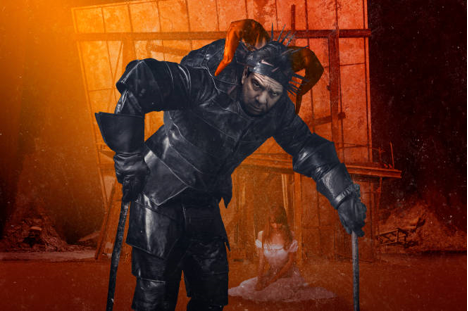It is over 300 years since the premiere of this operatic masterpiece by Handel, who was 24 years old at the time of composition. It depicts a Roman story of some 2,000 years ago, satirising the politicians of that day. But of course in this very modern interpretation of this piece by the Director David McVicar, whilst the times have changed the world certainly hasn’t. The Metropolitan Opera’s General Manager Peter Gelb said ‘Agrippina is a dark comedy about corrupt leaders who lie and manipulate in their quest to stay in power. We are grateful to the White House for making Agrippina feel more immediate’.
Welcome to Opera Spy
Here, I post my reviews and document my love of opera. I hope you enjoy it. Please feel free to comment on any of my posts or contact me if you wish to.
Have a nice stay!
David Buchler





